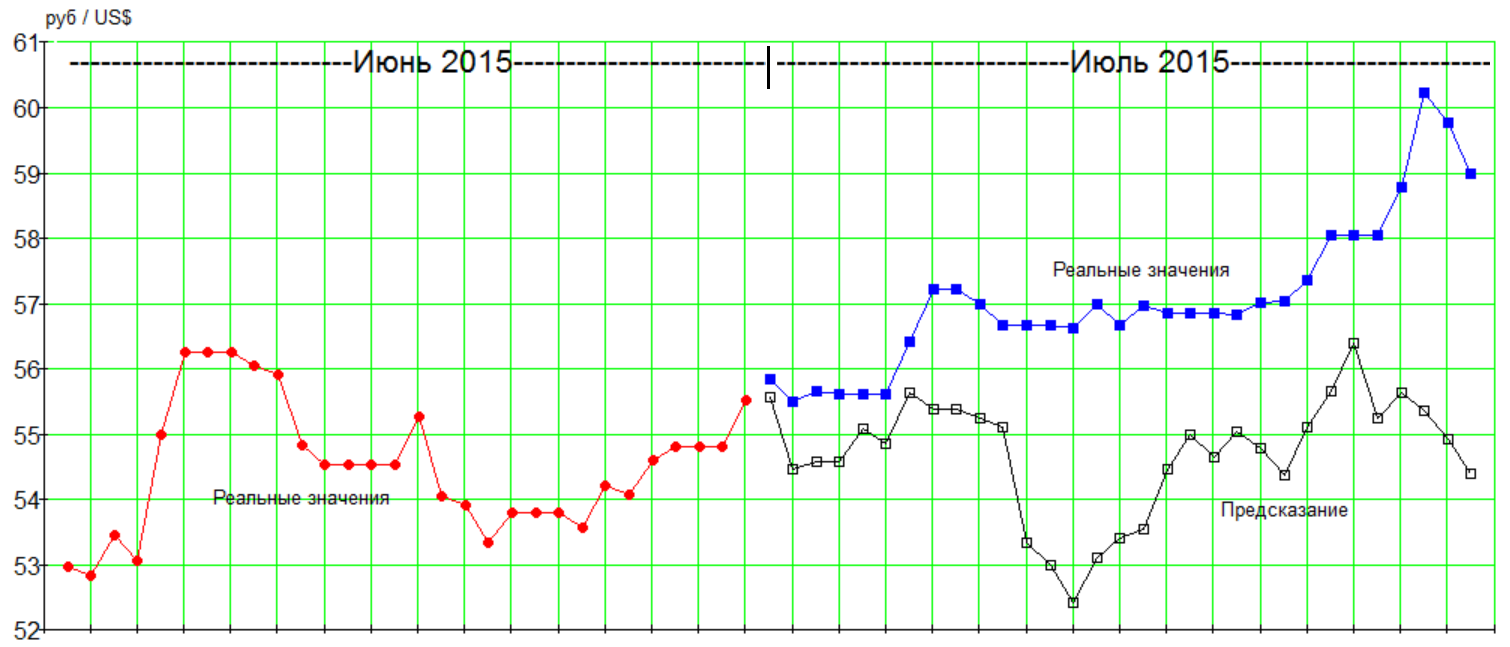Community Tip - Learn all about the Community Ranking System, a fun gamification element of the PTC Community. X
- Subscribe to RSS Feed
- Mark Topic as New
- Mark Topic as Read
- Float this Topic for Current User
- Bookmark
- Subscribe
- Mute
- Printer Friendly Page
Mathcad predict function
- Mark as New
- Bookmark
- Subscribe
- Mute
- Subscribe to RSS Feed
- Permalink
- Notify Moderator
Mathcad predict function
Mathcad predict function and Rub/$ ratio ![]()

- Labels:
-
Other
- Mark as New
- Bookmark
- Subscribe
- Mute
- Subscribe to RSS Feed
- Permalink
- Notify Moderator
Don't invest on stocks using this? 🤣
- Mark as New
- Bookmark
- Subscribe
- Mute
- Subscribe to RSS Feed
- Permalink
- Notify Moderator
Hi
it's a life that I use this function .... indeed since it is not useful ... I don't use it anymore ....
- Mark as New
- Bookmark
- Subscribe
- Mute
- Subscribe to RSS Feed
- Permalink
- Notify Moderator
- Mark as New
- Bookmark
- Subscribe
- Mute
- Subscribe to RSS Feed
- Permalink
- Notify Moderator
Hello,
Well I am new with this function, but I saw a lot of bad comments about it in the community. However in the PTC Help Center includes a great example of this function.
I have a very similar curve from a stock market. I am using this function and it seems that sometimes works, sometimes not. I am guessing that is because the quantity of the sample used to predict. In your posts, you use like a half of the range (k=0..99 so n=50), and yu have very good results. I am trying.
If this fails, I am thinking also in Taylor or Pade aproximations. Do you have any suggestion on this? Am I believing in Santa Claus?
Thanks for the comment!
- Mark as New
- Bookmark
- Subscribe
- Mute
- Subscribe to RSS Feed
- Permalink
- Notify Moderator
A cyan woman comes up to me on the street and says: "Let me tell you a fortune and predict your future!" I answer her: "Go to the stock exchange and predict there!"
- Mark as New
- Bookmark
- Subscribe
- Mute
- Subscribe to RSS Feed
- Permalink
- Notify Moderator
Hi,
things are very different when dealing with random variables. I used it to predict the extraction of six numbers placed in increasing sequence (i.e. for each extraction the numbers are arranged with the smallest on the left and the largest on the right) and on the basis of a fairly large sample, knowing, of each of them, the statistical distribution (using the histogram function) based on the position of the same with respect to the others. But the predict function, at most, found two, each belonging to one of the first three columns.
- Mark as New
- Bookmark
- Subscribe
- Mute
- Subscribe to RSS Feed
- Permalink
- Notify Moderator
I found some interesting results. Maybe predict is not the best method, but in comparison to the other techniques of prediction of the Market, this thing is gold. World is crazy. I still will try with other options and if someone had some ideas, suggestions and critics, all are welcomed!
In the example, O is a matrix that indicates the closing price of the market in 1-minute interval.
Matrix size: +15500 values.
- Mark as New
- Bookmark
- Subscribe
- Mute
- Subscribe to RSS Feed
- Permalink
- Notify Moderator
This thing is ! (now I can say it with a background) 😅
- Mark as New
- Bookmark
- Subscribe
- Mute
- Subscribe to RSS Feed
- Permalink
- Notify Moderator
- Mark as New
- Bookmark
- Subscribe
- Mute
- Subscribe to RSS Feed
- Permalink
- Notify Moderator
That's less than 40%. Is there another way to extrapolate functions here?











